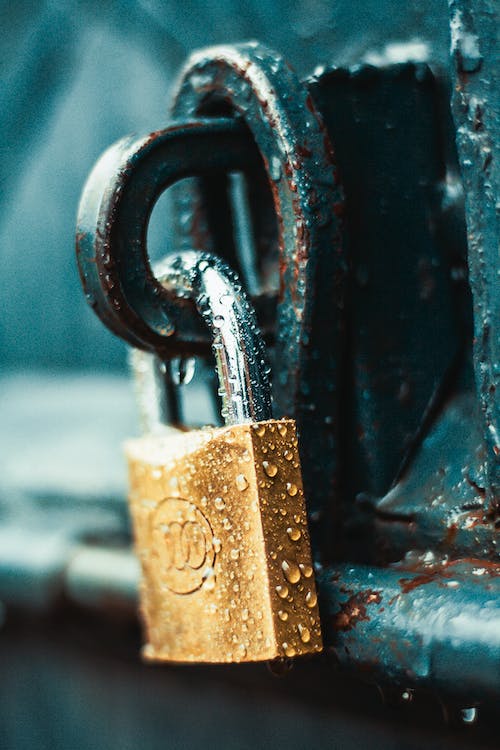Since all our life aspects have become insanely dependent on the internet, it is important to recognize and prevent online threats and security concerns. This guide is created to share everything that you need to know about your online security and how to prevent yourself from online scams and frauds.
According to a study conducted by the University of Maryland, an online crime is committed every half a minute in the United States. Another statistic shows that one in three Americans become affected by cybercrimes every year.
Choose an internet provider that offers extensive security features. For example, if you subscribe to Cox internet plans, you get a complimentary security suite powered by McAfee. If you have any questions regarding Cox plans, feel free to contact numero de cox en español.
Always use a website that uses secure socket layers. You can identify this by noticing the URL – if the website address starts from HTTPS, it is safe to use.
- Do not share your personal data on social media. Sharing intimate and private info on online media might result in identity theft.
- If you need to use public Wi-Fi, make sure to switch on your VPN.
- Report any activity that you find suspicious.
Scam
A scam is a type of cybercrime that cheats individuals out of money. As per reports by Federal Trade Commission, people have lost over 3.3 billion USD from scams in 2020.
Types
The most common types of scams are discussed below:
Competition and lottery scams – scammers call or email individuals and tell them that they have won some kind of competition or lottery and to receive the winnings they ask unsuspecting people to pay taxes or processing charges. They might also ask for shipping charges.
Tax or investment scams – scammers might pretend to be a tax authority to gain access to your financial data.
Romance and dating scams – cybercriminals create a fake profile for dating and ask for money after getting into virtual relationships. The Colombian dating scam is also a popular romance scam you should watch out for.
Online account and credit card scams – scammers call impersonating the online payment service like Venmo or bank of the victim and request them to share private details. If you are doubtful, it is better to directly contact your bank through the number provided on their official website.
COVID-19 scams – this is a new type of scam. Scammers have been circulating emails to sell corona insurance. Some cybercriminals pretend to be a part of a health facility and offer vaccination in an attempt to gain your data.
Can I recognize scams?
- If you receive an unexpected email, call, or text message asking you to send over some details urgently, it likely is a scam.
- If an unexpected or unsolicited contact asks for personal info or money, you should trust your gut and ignore it. If the source seems to be somewhat important, you should contact the official website or number and verify.
- If you get a call or message that you have won some random competition that you did not even enter, it likely is a scam.
- Fraud
Fraud is somewhat synonymous with scams. However, frauds are acts of deception and might not always involve money loss. Almost 2.2 million fraud incidents were reported in the United States in 2020; 34 percent of these incidents resulted in money loss.
Types
Some common types of fraud are:
Online fraud – any fraud that occurs online. This includes viruses, breaches, phishing, scams, etc.
Banking or advance fee fraud – this is the type of fraud that occurs when someone is asked to pay money before a deal is signed.
Beauty products and weight loss frauds – anti-aging or fast weight loss techniques and products are one of the most common types of fraud. Most of these products contain harmful ingredients and are backed by fake research and testimonies.
Mail fraud – this fraud occurs through postal mail. You might receive fraudulent mail and someone might steal your mail.
Senior fraud – since elderly people are away from modern technologies, they become easy prey.
Can I recognize frauds?
- If there is an unexpected change to your accounts, you have likely become a victim of fraud.
- If your important mail gets lost more than once, you should immediately contact the company to inquire.
- If you receive credit cards that you did not apply for, you should immediately contact the credit card company.
- If an e-commerce website seems suspicious, do not make any purchases from it.
Summing Up
Hope this guide will help you to stay safe and protected while you are connected.

